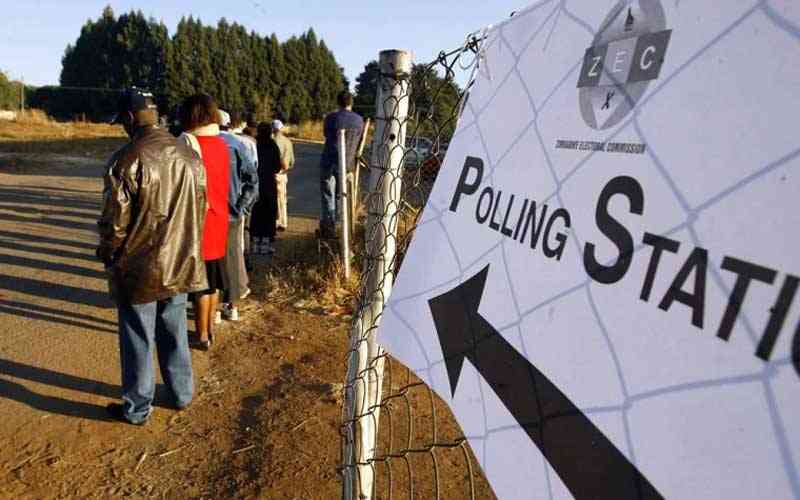
ZIMBABWE’S politics is about personalities and popularity and less about principles, policies and institutions. In other words it is not organic but populist.
Thence a lot of things go wrong and the public still condone it .
However, this might not necessarily be deliberate. It is a consequence of miseducation that was socialised through poverty and lack of such that people end up voting with their stomachs and not their minds.
That is why even the most underperforming politicians find their way to re- election in Zimbabwe or feel confident of securing another term.
This prevalent, among ruling party members, who also lead constituencies found in the rural areas. Here is why it is dangerous for our democracy especially in upcoming elections. A uniformed voter is a potential charity case. A lot of Zimbabweans do not understand the role of a Member of Parliament and councillor.
This is owed to growing populism in the 21st century African politics wherein elected politicians thrive on philanthropy to get gratification. Like what some incompetent crooks have done. Five years of no action or word in line with their duty but comes back dishing out donations here and there and some people perceive that as working hard.
So this phenomenon of our political realities has rewarded incompetence with power. What worries me is that it mainly affects the rural constituencies, who house predominantly marginalised communities.
This perpetuates inequality and disempowerment of the rural folk, especially under the ruling Zanu PF’s deployment system, which corrupted by vote-buying . This kind of paradigm makes it even harder for the poor to contest for power or even secure a place in the decision-making platforms. But why does it keep happening?
- The dangerous electrorate-candidate relations in Zim
Keep Reading
The opposition in Zimbabwe has not invested in thoroughly explaining the status quo and educating the public on the roles of an elected official. They should develop a social engineering tool or effectively utilise their schools of leadership and ideology to create a woke and conscious electorate.
In conclusion, the current level of consciousness among the electorate is dangerous for polls and democracy. However, it can be changed through embarking on massive voter education campaigns.
Kanhenga is the leader of the Zimbabwe Human Rights
Monitors and a young intellectual.






